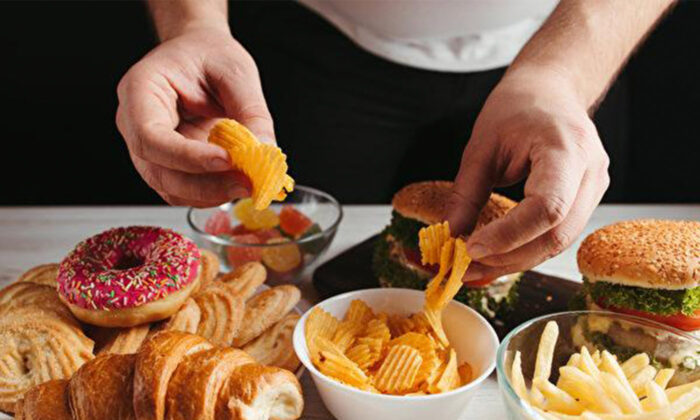Using the same arm for a booster vaccine as for a first dose may help the immune system respond effectively to a disease outbreak. or signup to continue reading A study published on Tuesday detailed a clinical trial where most volunteers received two vaccination jabs in one arm, and the rest switched arms between shots. Those who received their booster dose in the same arm as their first had produced neutralising antibodies significantly faster than those who had their second shot in the opposite arm, the researchers found.
The trial involved 30 volunteers who were injected with the Pfizer-BioNTech mRNA vaccine for COVID-19. Immune cells in the lymph node near the injection site activated after the initial shot, according to the study led by the Garvan Institute of Medical Research and the Kirby Institute at the University of NSW. These became primed to boost the immune response after the second shot was administered in the same arm.

The study's co-senior author Tri Phan, director of Garvan's precision immunology program, hoped the evidence would refine vaccination approaches. "This is a fundamental discovery in how the immune system organises itself to respond better to external threats - nature has come up with this brilliant system and we're just now beginning to understand it," Professor Phan told AAP. Breaking down the complex study, Prof Phan said vaccines stimulate the development of immune cells that make antibodies, along with immune cells that become primed to help them.
The primed cells that remember the vaccine help to make a faster response the second time around by helping memory B cells change the antibodies they make to adapt to changes in the virus. Viruses can mutate, however so can memory B cells. "What's exciting about the research is that we showed that these other cells called macrophages, interact with these memory B cells," Prof Phan said.
"By talking to the memory B cells, they can help direct them to mutate the receptor and make better antibodies." While there are no official guidelines on whether you should receive your vaccine in the same arm, Prof Phan said the findings show there is a "benefit" and offer a promising avenue for enhancing the effectiveness of vaccines. "If we can understand how to replicate or enhance the interactions between memory B cells and these macrophages, we may be able to design next-generation vaccines that require fewer boosters," Prof Phan said.
Daily Today's top stories curated by our news team. Weekdays Grab a quick bite of today's latest news from around the region and the nation. Weekdays Catch up on the news of the day and unwind with great reading for your evening.
Weekly Get the editor's insights: what's happening & why it matters. Weekly Going out or staying in? Find out what's on. Weekly Love footy? We've got all the action covered.
Weekly The latest news, results & expert analysis. Weekly Every Saturday and Tuesday, explore destinations deals, tips & travel writing to transport you around the globe. Weekdays Sharp.
Close to the ground. Digging deep. Your weekday morning newsletter on national affairs, politics and more.
Twice weekly Your essential national news digest: all the big issues on Wednesday and great reading every Saturday. Twice weekly Get real, Australia! Let the ACM network's editors and journalists bring you news and views from all over. Weekly Get news, reviews and expert insights every Thursday from CarExpert, ACM's exclusive motoring partner.
As it happens Be the first to know when news breaks. Daily Your digital replica of Today's Paper. Ready to read from 5am! Daily Test your skills with interactive crosswords, sudoku & trivia.
Fresh daily! Advertisement Advertisement.
Health

Study shows simple way jabs could work better together

Research has shown a simple way booster shots could be made more effective while opening the door to further improvements in the next generation of vaccines.















